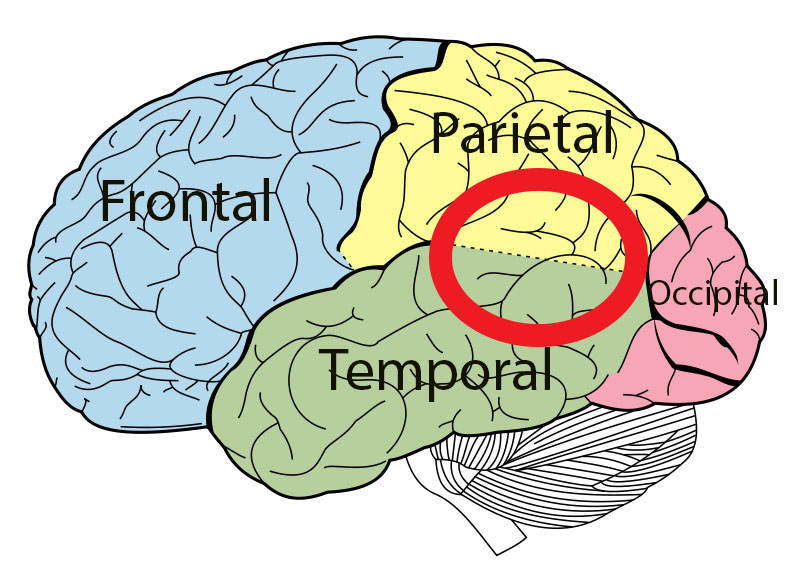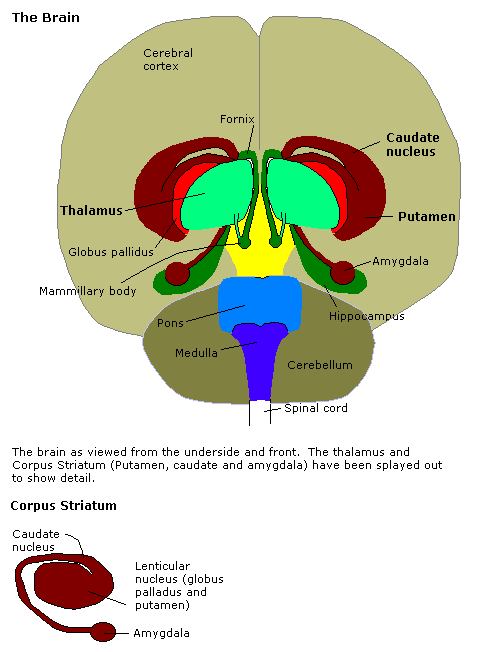Growing up I learned that the brain stopped developing once a person became an adult and overtime brain cells would die and the brain would atrophy. Needless to say, I did not have a positive view of aging.
Fast forward to deep middle-age, and I’m experiencing something I did not expect in my late teens. I feel more energized, hopeful, and creative than before. It actually feels good to be 50, and I’m incredibly grateful for the possibilities of getting really old!

There’s no argument that as we age, we find our body wearing out, but so much of what has been thought a part of the normal aging process, is actually the consequences of living in a modern society that promotes inactivity, processed food, inattention–unhealthy living!
So this week we reach out believing that most of you reading see it our way. Maribel and I are most interested in staying as healthy as possible for the longest possible time. What we do at Miami Firm Body is an outgrowth of how we live. This week we want to share a couple of insights from the world of neuroscience that may help you see why physical activity is more important for your brain than it is for losing weight or having beach abs. (Not knocking either one of those goals!)
We share this with you, to invite you to step out of the box of seeing exercise as a thing to do merely for weight maintenance and actually see it as a path toward the best possible old age. The alternative to getting old is not very attractive!
The following is based on the work of Dr. Sara Lazar (Harvard University). Her initial interest in this research came after she had to stop training for the Boston Marathon and found herself in a yoga class. She liked the yoga class, but did not like that the teacher kept making claims that she was going to feel happier and more compassionate.
Interestingly, two weeks later she was feeling these things. She first believed that this was some sort of autosuggestion or maybe placebo effect. She started looking at studies and was surprised to find that a large number of them pointed to the power of yoga to change how people felt.
As a brain researcher, she was curious to see how this happened, and she began her brain imaging studies to see if there were physical changes that could be detected. What she discovered changed her mind!
Why Yoga or Meditation?
We now know that yoga
- Decreases stress, depression, pain, and insomnia
- Increases ability to pay attention
- Increases happiness levels
How?
Practice leads to neuroplasticity (the capacity of our brain to reconfigure itself by creating new neural connections). This is important! Doing something over and over again will rewire your brain.
This is true of positive activities such as yoga or other forms of exercise as well as negative activities such as as sitting in front of a television for hours at a time channel surfing, or looking through Facebook for long periods of time, or constantly checking phone notifications.
Whatever we do or think in a repetitive manner, will lead to the brain adapting to that behavior.
Dr. Lazar explains that neurons can change the way they connect with each other over time!
Here’s a list of some of the parts of the brain that change:
Prefrontal Cortex



Associated with memory and executive decision making.
- Usually shrinks as we get older.
- People who practice yoga or meditation often have similar cortical structures as people in their mid-twenties. The brain does not have to atrophy as we age.
The effect of yoga on the prefrontal cortext is important on many levels. Here’s a practical one that is sometimes overlooked. When people are highly stressed, they often find themselves eating more. This lack of will power is related to the executive decision making role of the prefrontal cortext. One’s will power is diminished as we experience continued stress. Destressing impacts our ability to say no to that cookie or brownie!
Hippocampus
Associated with memory, learning, cognition, and emotional regulation.
People who are depressed or have experienced PTSD usually have smaller hippocampi. Many people report feeling happier after practicing yoga. The reasons for this are many, but one has to do with a healthier or more robust hippocampus.



According to Dr. Lazar’s studies, the hippocampus increases in size when people practice meditation or yoga.
Temporoparietal Junction



Associated with perspective making, empathy, and compassion.
Human beings are meaning making creatures. We look for connections all the time. We are hard wired to do this. We are social beings. (This is why solitary confinement is a human rights violation!) To find meaning involves our ability to place ourselves in other people’s shoes. Being empathic or compassionate is not a self-less quality. In fact, it has a lot to do with our survival.
Viktor Frankl, the Austrian psychiatrist who survived Auschwitz, reminds us of this in his book Man’s Search for Meaning. Those who survived the horrors of the concentration camps, he explains, were not the ones who were physically more robust or strongest, but those who never lost their humanity and found ways to make meaning through their kindness.
Amygdala



Associated with memory, decision making, and the fight or flight response and involved with anxiety, fear and stress.
Rodent studies show that stress increases the size of the amygdala. Imaging shows that the amygdala shrink when people meditate, allowing for a less reactivity to life’s challenges and greater resilience.
The Offer
The change in the brain happens over time. Dr. Lazar’s work suggests that in as little as 8 weeks of daily practice, brain changes can be detected in the scans.
Eight weeks, 30-40 minutes per day!
Please see that number and realize that to reap the benefits of neuroplasticity, you need to develop a practice. If you are doing this on your own, good! If you are having trouble getting yourself motivated, join us. Working in community adds to the brain benefits!
Join us for our yoga and fitness classes! We also offer personal training and one on one yoga instruction by appointment.
[ecs-list-events month=’current’]If you would like to learn more about this topic and the importance of engaging in a physical practice in order to maintain brain and body health, here are some links:
- The Neuroscience of Yoga and Meditation
- Meditation Not Only Reduces Stress
- How Meditation Can Reshape Our Brains